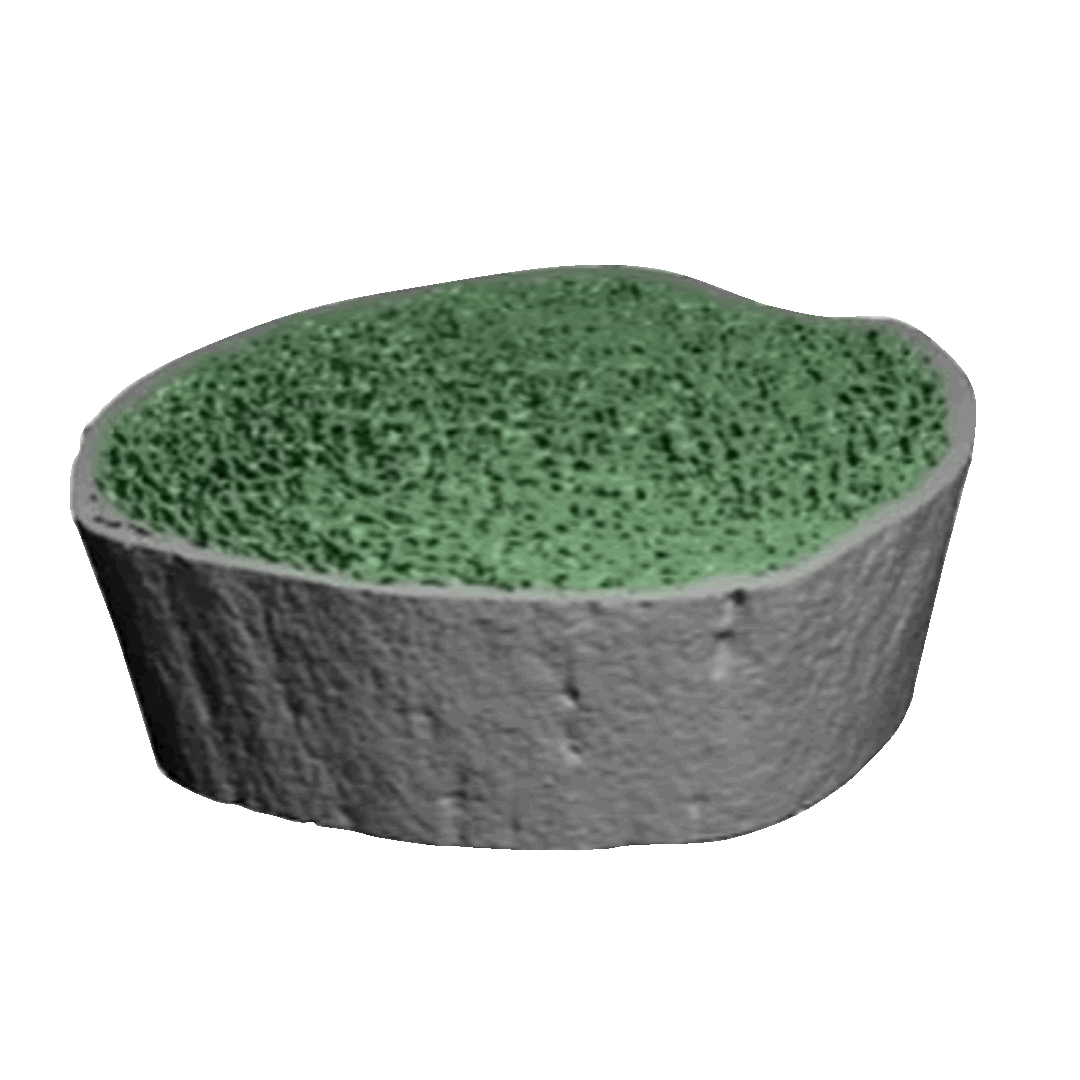
About THOR
Learn about:
THOR is an important medical study investigating the musculoskeletal health of men with and without haemophilia A.

Our research
Haemophilia is a condition where a deficiency of a blood clotting factor causes easy bleeding. It is a genetic condition that mostly affects men. Treatment for Haemophilia has improved immensely over the past 30 years and has increased the life expectancy in people with Haemophilia. Fracture rates are substantially higher in people with Haemophilia, with disease severity affecting fracture risk (1). We don’t know why people with Haemophilia are at a higher risk of fractures or if bone loss begins earlier than in the general population.
This research study will be the first to focus on bone and muscle in patients with haemophilia A to understand why fracture rates are higher.
Benefits of participating
-
Contribute meaningfully to our understanding of Haemophilia and the lives of patients with the condition.
-
Receive two FREE muscle and bone health assessments (valued at $955), 12 months apart, including:
-
3D High Resolution bone and joint scan
-
Gold standard for measuring bone microarchitecture
-
One of only two machines in Australia
-
-
DXA bone density scan
-
Learn about your risk of developing osteoporosis.
-
Highly accurate body composition assessment (%muscle mass, %body fat, %bone)
-
-
Muscle testing
-
Functional muscle testing – jump, squat, hop, grip, heel rise
-
Power analysis using the only Ground Reaction Force Platform in Victoria
-
-
Blood examination
-
Important markers of bone health.
-
* Based on 2 rounds of: HRpqCT ($200), DXA ($100), Muscle testing ($70), Blood tests ($107)

Using cutting edge technology, our researchers render a precise, high resolution 3D model of your bone.

What's the commitment?
Participants in the THOR study will attend Monash Medical Centre twice, twelve months apart for imaging, blood tests and examinations.
That’s it!
Read the full Patient Informed Consent Form
Who will see my medical information?
Participants' confidential medical information will be de-identified, which means it will be in no way traceable back to you. De-identified data is stored securely and accessed only by authorised researchers.
You may also request a copy of the report to be sent to your GP.
References
(1) Gay ND, Lee SC, Liel MS, Sochacki P, Recht M, Taylor JA. Increased fracture rates in people with haemophilia: a 10-year single institution retrospective analysis. Br J Haematol. 2015;170(4):584- 6.
